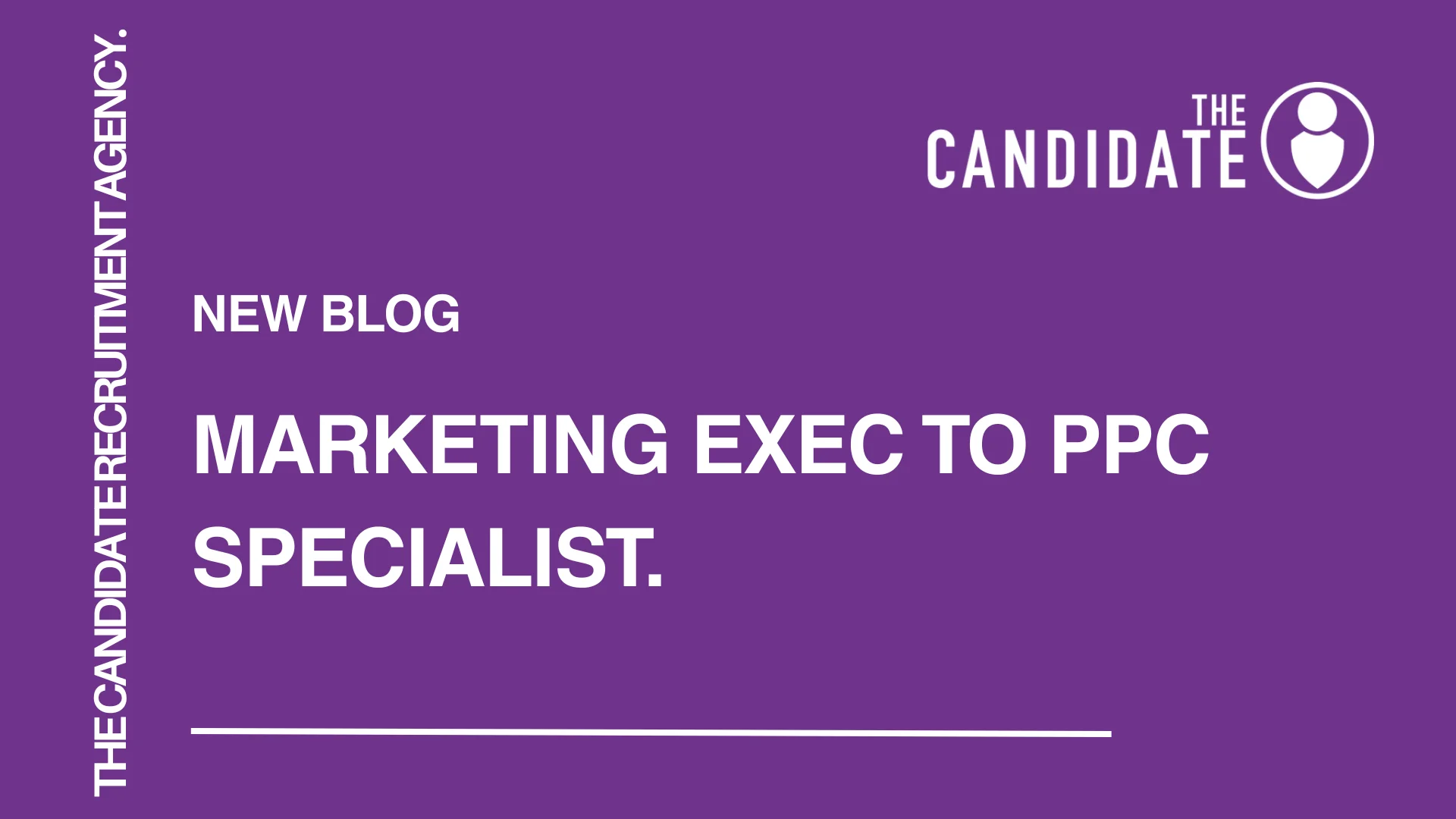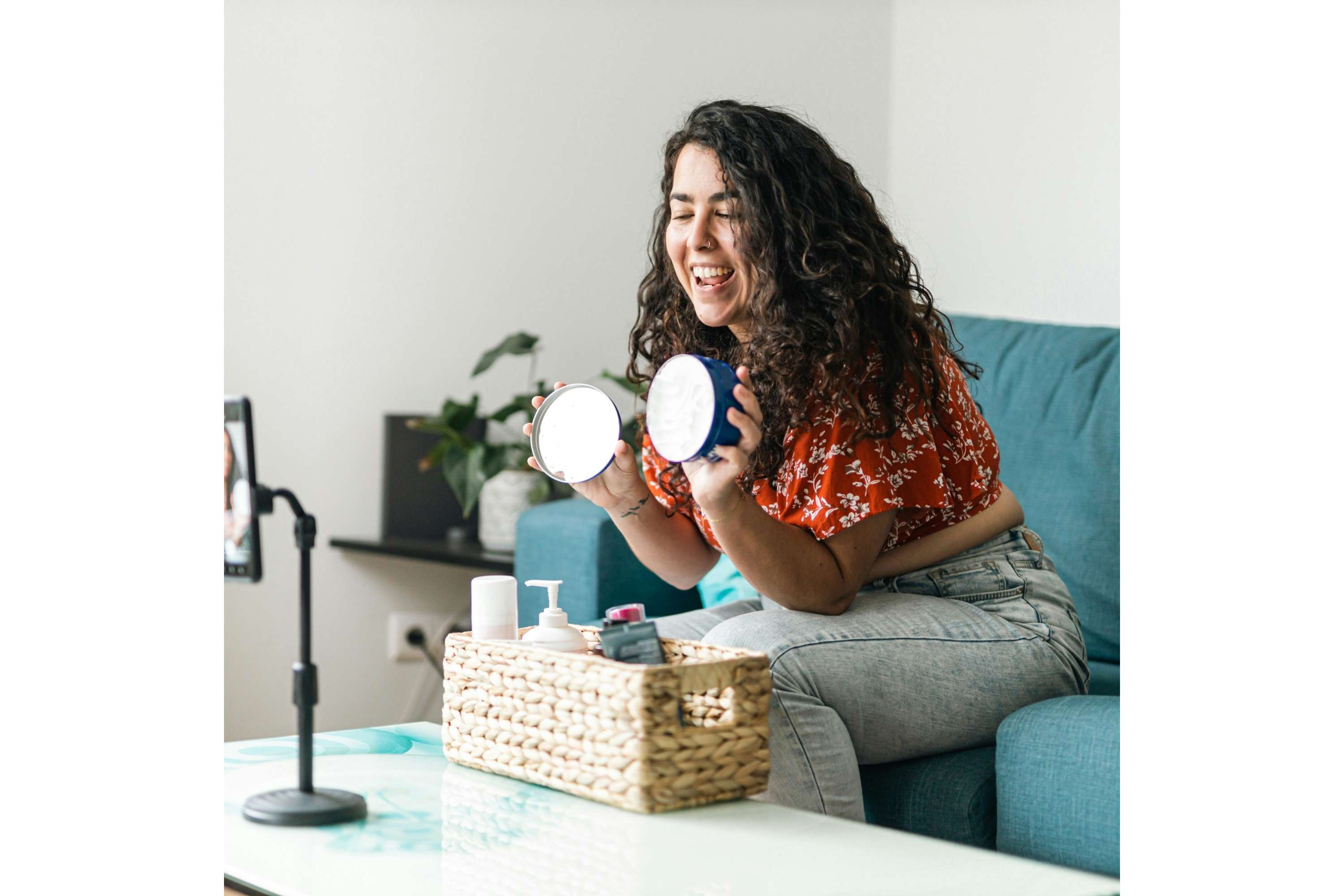
The Priory Group is a wellbeing organisation which specialises in offering treatment and support to those suffering from mental health and addiction. They have kindly put together an article which discusses the behavioural therapies that can be used to alleviate negative feelings ahead of an interview.
A job interview can be a nerve-wracking experience. If you are the type of person who spends the days beforehand worrying about what could possibly go wrong, there are ways to manage these negative thoughts so that they don’t impact how you feel and behave on the day.
Lauren Povey, a cognitive behavioural therapist who supports people with anxiety at Priory Hospital Chelmsford, has outlined cognitive behavioural therapy (CBT) strategies that you can use to stay calm anxiety
These CBT techniques will help you to become more aware of your unhealthy thought patterns and take steps to challenge these dysfunctional beliefs so that they don’t have a negative effect on your mood and behaviour in the lead up to and during your job interview.
Lauren said: “Your performance is influenced by what you think you can and can’t do. While we can’t stop our thoughts, we can change how we choose to then respond to them.”
Recognise and reframe your negative thoughts
Every evening, spend some time writing down moments when you became anxious during the day. Jot down what you thought at the time, as well as how you felt, and how you behaved. You may want to ask yourself the following questions to help:
- What caused you to become anxious? Did you think about a possible mistake you could make in the interview? Was it when you were reading through the job description?
- What did you think at the time? Were you convinced that things would go wrong and that you wouldn’t get the job?
- What will happen if you continue to think this way? Will your anxiety lead you to behave nervously in interviews? Could this have a negative impact on your career and not to mention, your wellbeing?
- How can you challenge the anxious thoughts you had at the time? Remember, you’re qualified - otherwise, you wouldn’t have been invited to the interview. You know you’re well-prepared and have plenty of examples to show your experience
- What would be a healthier way of thinking about the situation? Try telling yourself: “This is a great opportunity and I’m going to do my best to demonstrate that I’m the best candidate for this role”
- What can you do the next time you think negatively? Make a conscious effort not to dwell on anxious thoughts the next time they arise. When they do, divert your attention and focus on your skills and experience
Continue to practise this technique so that you can learn how to redirect yourself away from any negative thoughts and replace them with healthier alternatives, meaning that you can go into your interview driven rather than discouraged.
Visualise success rather than failure
Visualising what you want to achieve is a useful tool to use in the run-up to something that you find nerve-wracking.
For a job interview, visualise the meeting going perfectly. This will teach your mind and body to act confidently in moments when you may otherwise have been anxious. When visualising your success, try the following:
By regularly returning to this place before your interview, you give yourself the opportunity to remain calm and focused and gives you time to focus on your abilities rather than all the things that could possibly go wrong.
Swap your negative inner dialogue for positive self-talk
When you feel anxious and worried, you are likely to ‘catastrophise’ and believe that the worst possible scenario is going to happen. By consciously swapping to positive self-talk, you can work to quieten your demoralising negative inner dialogue and the effect it has on you.
Even when things don’t quite go to plan, you should take the time to reflect and praise yourself for your efforts – any small step that you make is progress.
Know when to get help for anxiety
If you ever feel like your anxiety is becoming more intense or persistent and is having a detrimental impact on your day-to-day life, it’s important to visit your doctor.
They will be able to determine whether you need any further support and will be able to provide you with access to the treatment options available to you.
We would like to say a massive thank you to The Priory Group for sharing their CBT knowledge and techniques with us. This has been a great article to provide advice on using cognitive behavioural therapy (CBT) to manage anxiety before and during job interviews.
Just to recap here are the top things to remember when preparing for interviews:
- Recognise and reframe negative thoughts. Be mindful and train yourself to identify anxious moments and ask yourself about why you are feeling negative and challenge these beliefs about your abilities. It is likely that when you do this, you will be able to remedy.
- Focus on your strengths and qualifications. Have some self-belief. You have been shortlisted, so you have the credentials and are as good as anyone else. Our clients are busy people and aim to not waste time interviewing people who aren’t going to perform. They want you to succeed! This is also an opportunity for you to understand the company and what it would be like to work there, do you want to bring your talent and experience to this company?
- Visualise a positive outcome. Imagine yourself succeeding in the interview and landing the job. Use the interview to visualise what it’s like to travel there, spend time in their offices or if remote with their people. Believe this can happen.
By following these steps, you can reduce pre-interview anxiety and improve your performance.
If anyone needs any help with interviews, then get in touch with us for more information on 0161 833 1044 or email us at www.thecandidate.co.uk
Check out our other recruitment resources here.
Check out our live jobs here.
Learn more about our team here.


